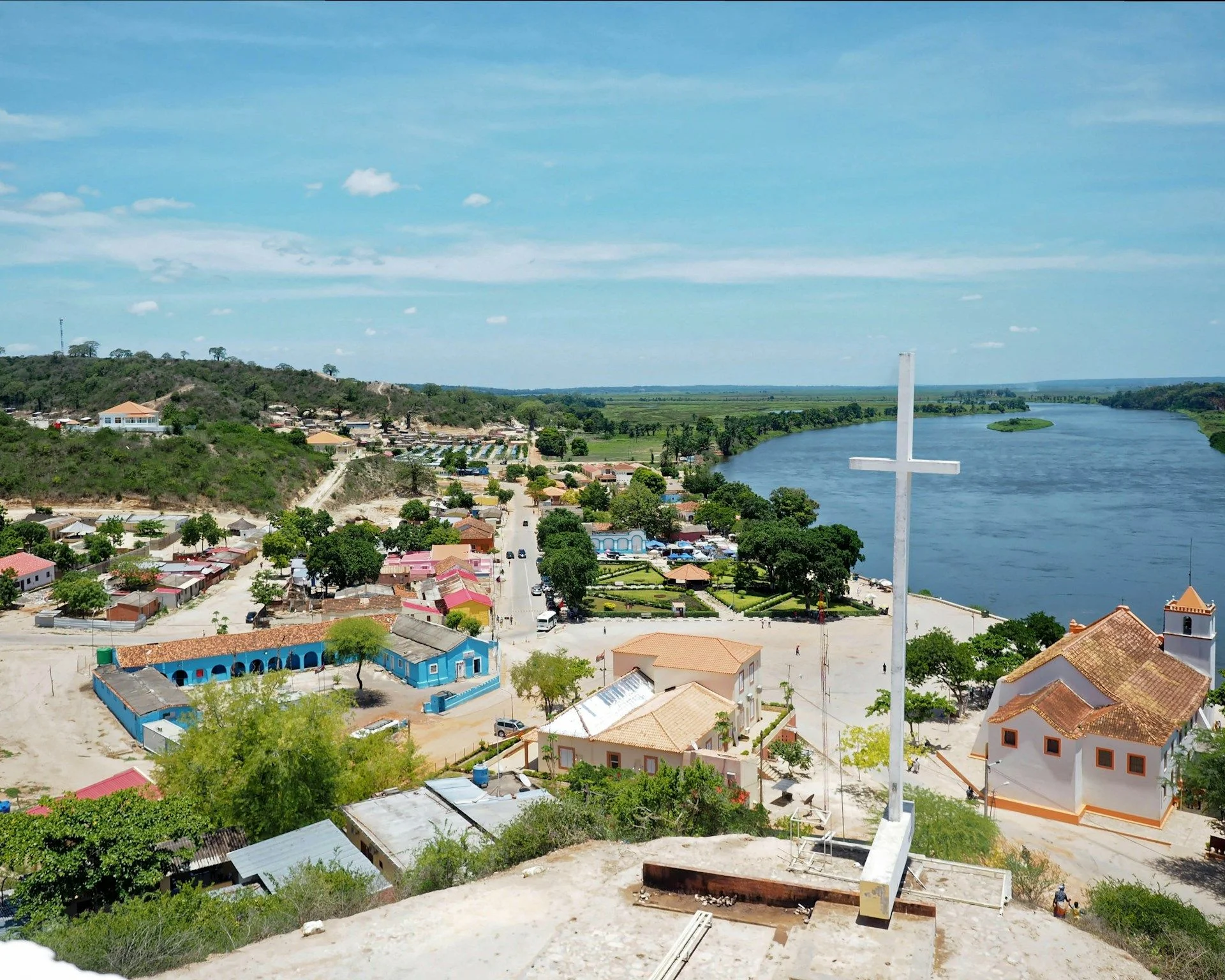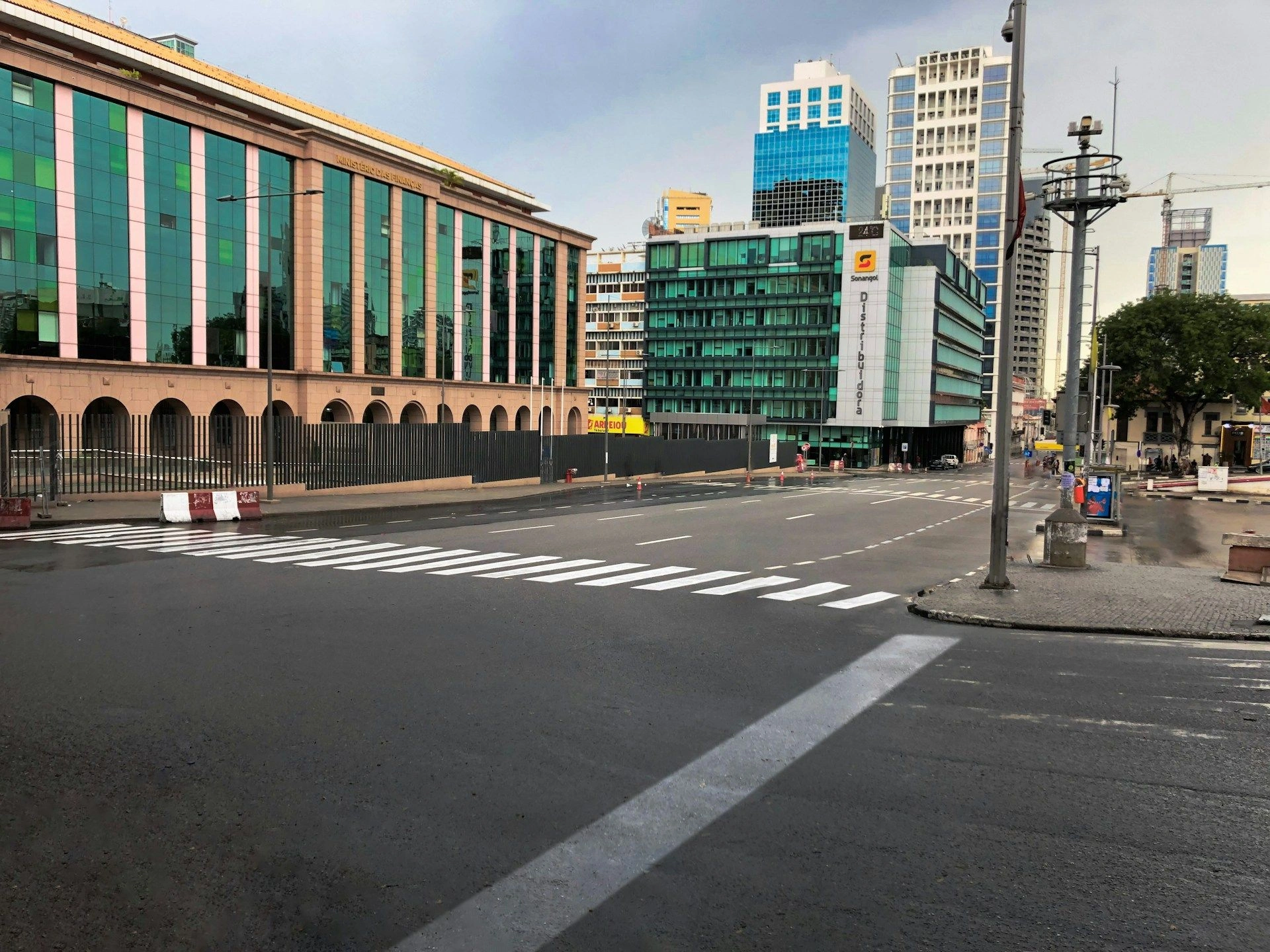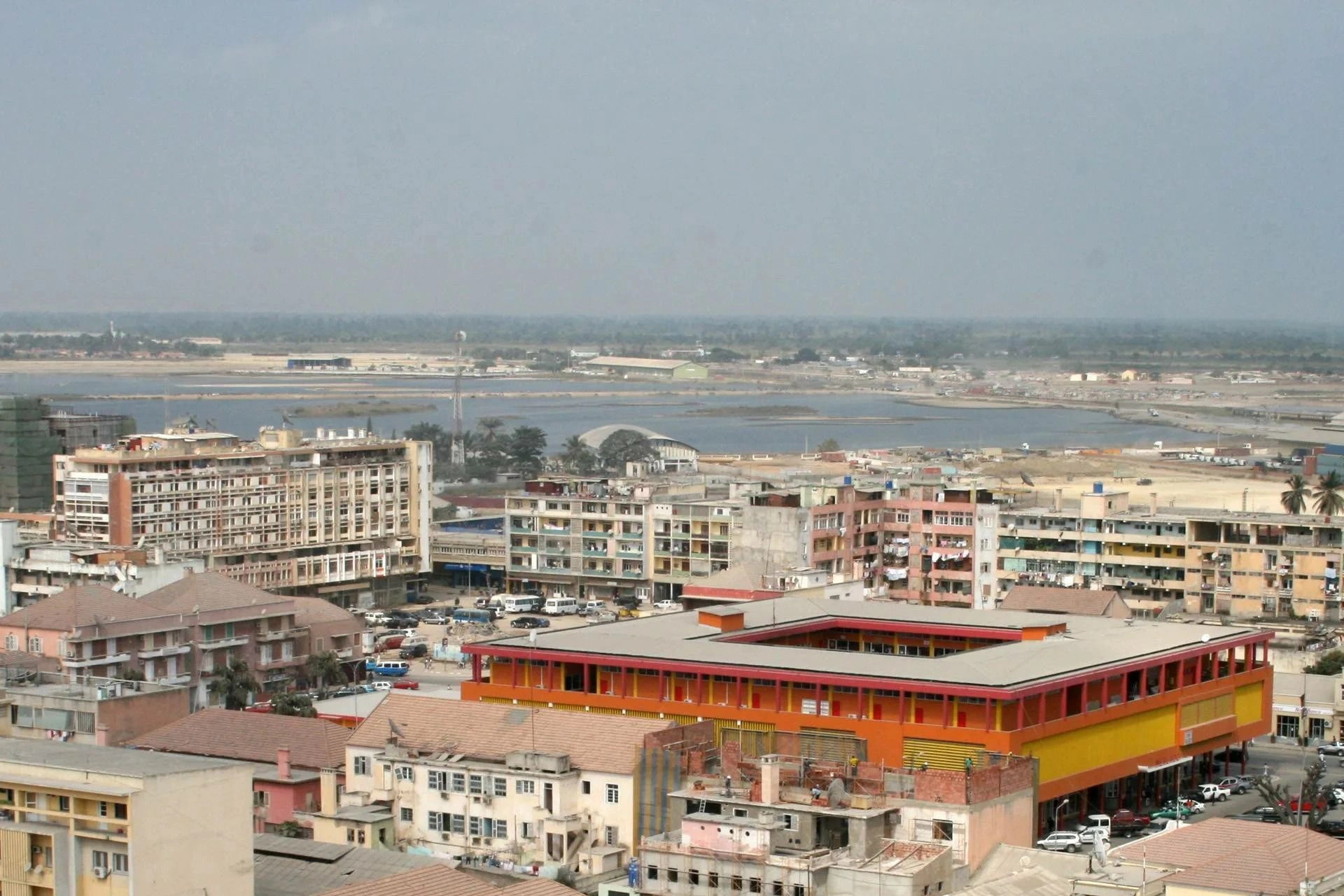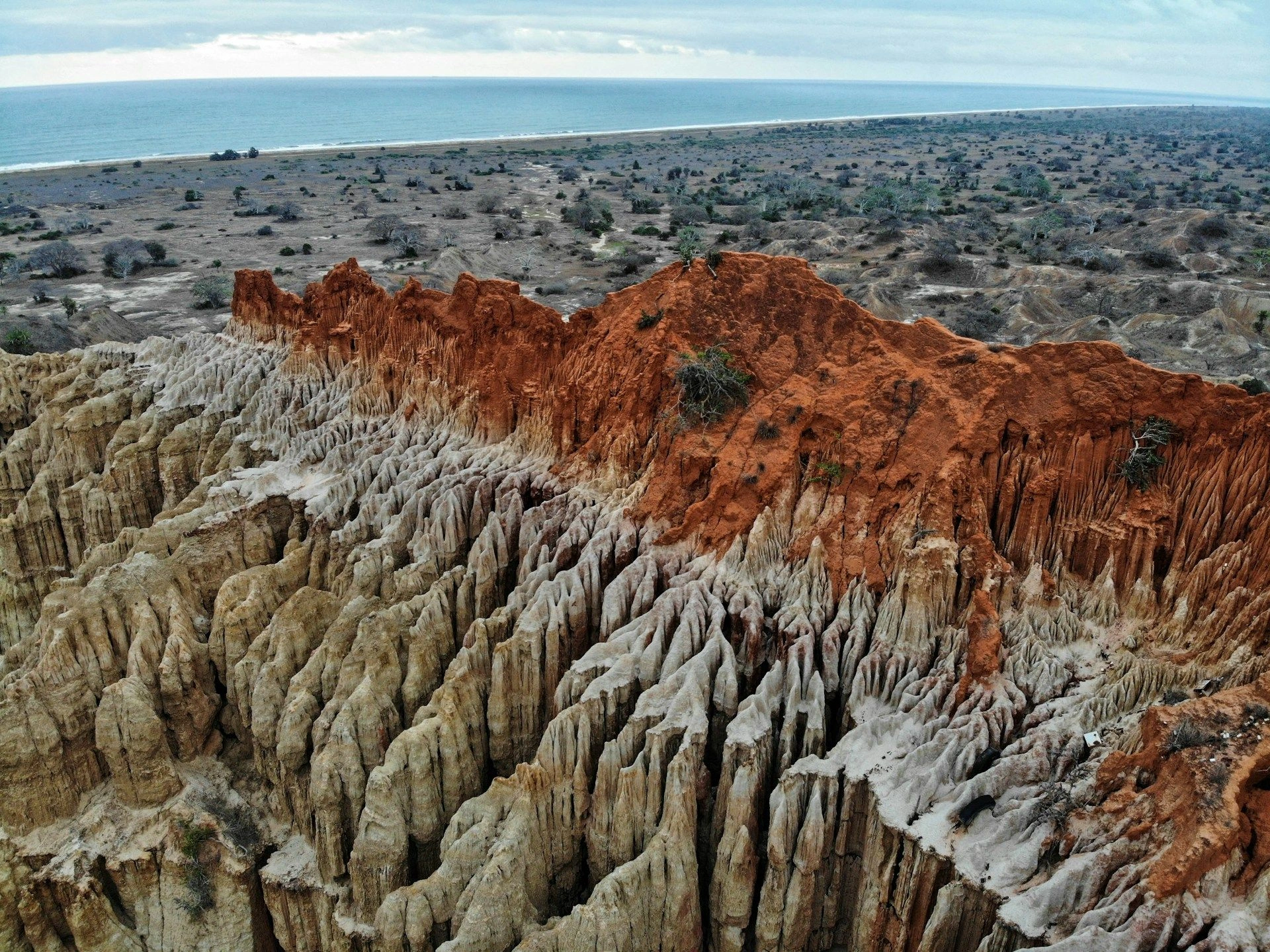Angola Investment Property ListingsAtlantic coast with growingurban development zones

Best offers
in Angola
Benefits of investment in
Angola real estate
Resource-rich economy with urban expansion
Luanda’s infrastructure is growing fast, with modern projects and international interest.
Rental demand driven by oil and business sectors
Expats and executives create steady need for housing in premium areas.
Long-term potential in an emerging market
Early investors benefit from price entry and future growth.
Resource-rich economy with urban expansion
Luanda’s infrastructure is growing fast, with modern projects and international interest.
Rental demand driven by oil and business sectors
Expats and executives create steady need for housing in premium areas.
Long-term potential in an emerging market
Early investors benefit from price entry and future growth.

Useful articles
and recommendations from experts
Real Estate in Angola: Navigating Opportunity in a Growing African Market
Why Invest in Property in Angola
Angola, one of Sub-Saharan Africa’s largest oil producers, presents both opportunities and challenges for real estate investors. After emerging from decades of conflict, the country has undergone a rapid urbanization process, particularly in its capital Luanda — one of Africa’s most expensive cities. Infrastructure development, oil-funded construction projects, and a growing middle class have spurred demand in housing, retail, and commercial real estate sectors. For international investors with a long-term view and risk appetite, Angola offers access to an underdeveloped market with strong demographic growth and increasing need for housing and logistics facilities.
Types of Property and Permitted Uses
The Angolan real estate market is centered on residential and commercial urban developments, but also includes rural land, informal housing, and government-built social housing projects. Common property types include:
- Urban Apartments and Condominiums: Common in Luanda and other coastal cities, typically in gated developments or private high-rises.
- Detached Homes: Available in suburban or high-income areas such as Talatona, Miramar, and Kilamba.
- Office Space and Commercial Buildings: Concentrated in Luanda’s central business district (CBD), especially in oil-sector related developments.
- Retail Units and Shopping Centers: Expanding in major cities, often operated by international or South African developers.
- Land for Development: Available in urban outskirts and rural zones, though acquisition and registration can be complex.
Legal Framework and Ownership by Foreigners
Angola has a civil law system based on Portuguese legal traditions. Foreign ownership of real estate is possible but subject to significant regulation and bureaucratic procedures:
- Foreign Ownership Rights: Foreigners can purchase real estate, but land itself is technically state-owned and leased under long-term concessions (usufruct or surface rights).
- Property Use Rights: Most transactions grant use rights for a specified duration (usually 60–99 years), renewable under conditions.
- Legal Due Diligence: All purchases require a notarial deed, legal title verification, and registration with the Conservatória do Registo Predial (Land Registry Office).
- Corporate Ownership: Foreign investors often buy through local entities or joint ventures to simplify regulatory compliance.
- Central Bank Notification: All foreign-currency payments must be declared through the National Bank of Angola (BNA) for capital repatriation rights.
Property Prices and Market Trends
Property prices in Angola vary drastically depending on location, property type, and whether transactions occur in the formal or informal market. In Luanda:
| Location | Average Apartment Price (USD) | Average House Price (USD) |
|---|---|---|
| Miramar / Alvalade | $300,000 – $600,000 | $500,000 – $1.5M+ |
| Talatona / Luanda Sul | $150,000 – $400,000 | $400,000 – $1M |
| Kilamba New City | $70,000 – $150,000 | $150,000 – $300,000 |
| Benguela / Lobito | $50,000 – $120,000 | $120,000 – $250,000 |
| Huambo / Lubango | $30,000 – $90,000 | $80,000 – $200,000 |
In recent years, prices have stabilized after oil-price-driven peaks in the 2010s. The government’s focus on economic diversification and housing expansion has helped reduce volatility.
Rental Market and Investment Returns
Angola’s rental market is shaped by expatriate housing, company leases, and a rising middle class. However, it remains highly segmented:
- Luanda Prime Locations: High-end apartments and villas yield 6%–9% annual gross returns, often leased to foreign firms or embassies.
- Mid-Income Segments: Emerging demand in Kilamba and Cacuaco zones. Yields around 5%–7%, though tenancy risk is higher.
- Retail and Commercial: Yields of 8%–10% are possible, especially in underserved areas. Tenure agreements are often negotiated in USD or EUR.
- Short-Term Rentals: Limited market outside Luanda. Regulation and platform infrastructure (Airbnb, etc.) are still developing.
It is common to negotiate rents in U.S. dollars, even for local tenants, due to inflation and currency instability. Formal lease contracts are essential.
Top Cities and Regions for Real Estate Investment
Most real estate activity is concentrated along Angola’s Atlantic coast and in central urban centers:
- Luanda: The economic and political capital. High prices, corporate demand, and new development zones in Talatona, Camama, and Viana.
- Kilamba: Planned satellite city with thousands of government-subsidized apartments, schools, and roads. Attracts middle-income buyers.
- Benguela / Lobito: Coastal cities with logistics, fishing, and tourism potential. Moderate prices and growing infrastructure.
- Huambo and Lubango: Inland highland cities with cooler climates, agriculture-based economies, and rising local housing demand.
Infrastructure and Accessibility
Angola has made significant investments in infrastructure since the end of its civil war in 2002. Key features include:
- Transport: Luanda has an international airport and ongoing upgrades to highways, ports (Lobito and Luanda), and regional rail lines.
- Electricity and Water: Availability is improving but still inconsistent in rural areas. Private generators are common in high-end developments.
- Telecommunications: Mobile and broadband networks are expanding, especially in major cities.
- Healthcare and Education: Public services are limited; private clinics and international schools cater to expats and affluent locals.
Taxes and Fees for Property Buyers
Foreign buyers should plan for the following costs and regulations when purchasing property in Angola:
- Property Transfer Tax (SISA): 2% of the sale price, paid by the buyer.
- Stamp Duty: 0.3% of the purchase price.
- Notary Fees: Usually 1%–2% of transaction value.
- Annual Property Tax (IPU): 0.5% of property value if rented, lower if owner-occupied.
- Capital Gains Tax: 10% on gains realized from resale, unless exempted.
Legal and brokerage fees can range from $3,000–$10,000 depending on transaction size and complexity.
Risks and Considerations
Angola is a frontier market, and investors should be aware of multiple risks:
- Currency Volatility: The Angolan Kwanza (AOA) is unstable. Transactions often conducted in USD or EUR to mitigate devaluation risks.
- Bureaucracy and Delays: Property registration, permits, and approvals can be time-consuming and require local contacts.
- Land Disputes: In rural areas, unclear titles and community claims may complicate ownership.
- Regulatory Changes: Government policy is evolving, and tax or land reform may affect future investors.
- Limited Transparency: Market data, valuations, and comparative property information are difficult to access.
Conclusion: Angola’s Real Estate Market Offers Potential for Strategic Investors
Angola’s real estate sector is developing amid a complex but opportunity-rich environment. Investors who can navigate the legal framework, partner with experienced local entities, and focus on underserved housing and commercial needs may find strong returns and long-term value. With a young population, infrastructure investments, and oil-backed economic recovery underway, Angola is poised to become a notable player in African real estate — though with significant due diligence and risk management required.



